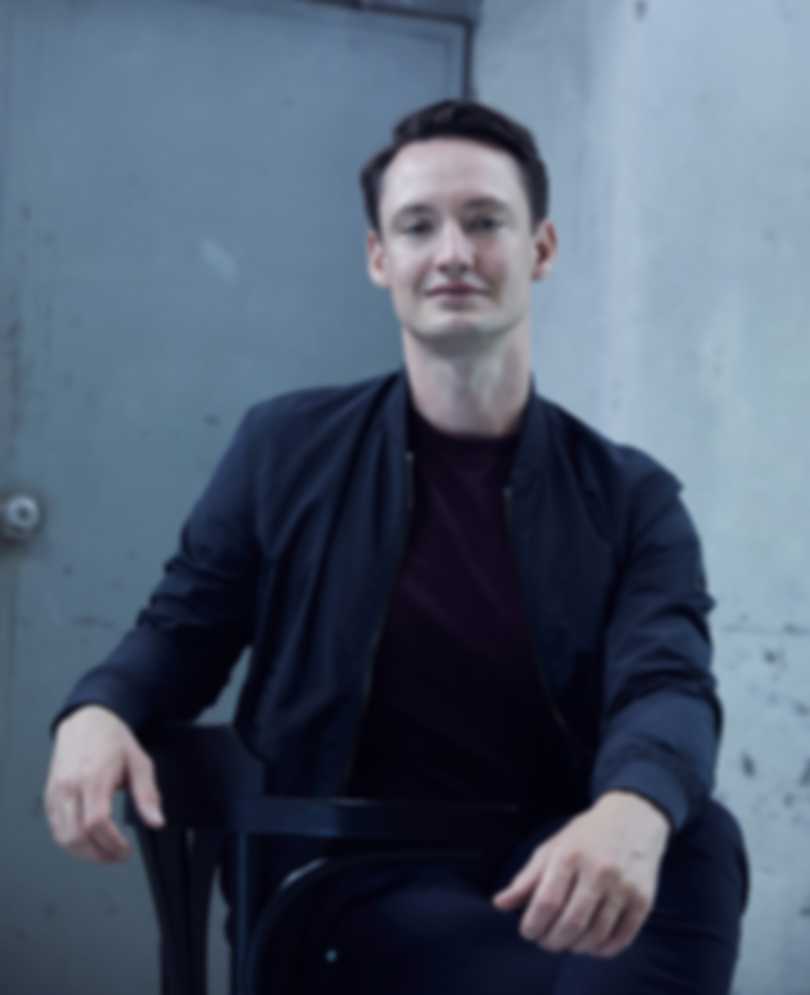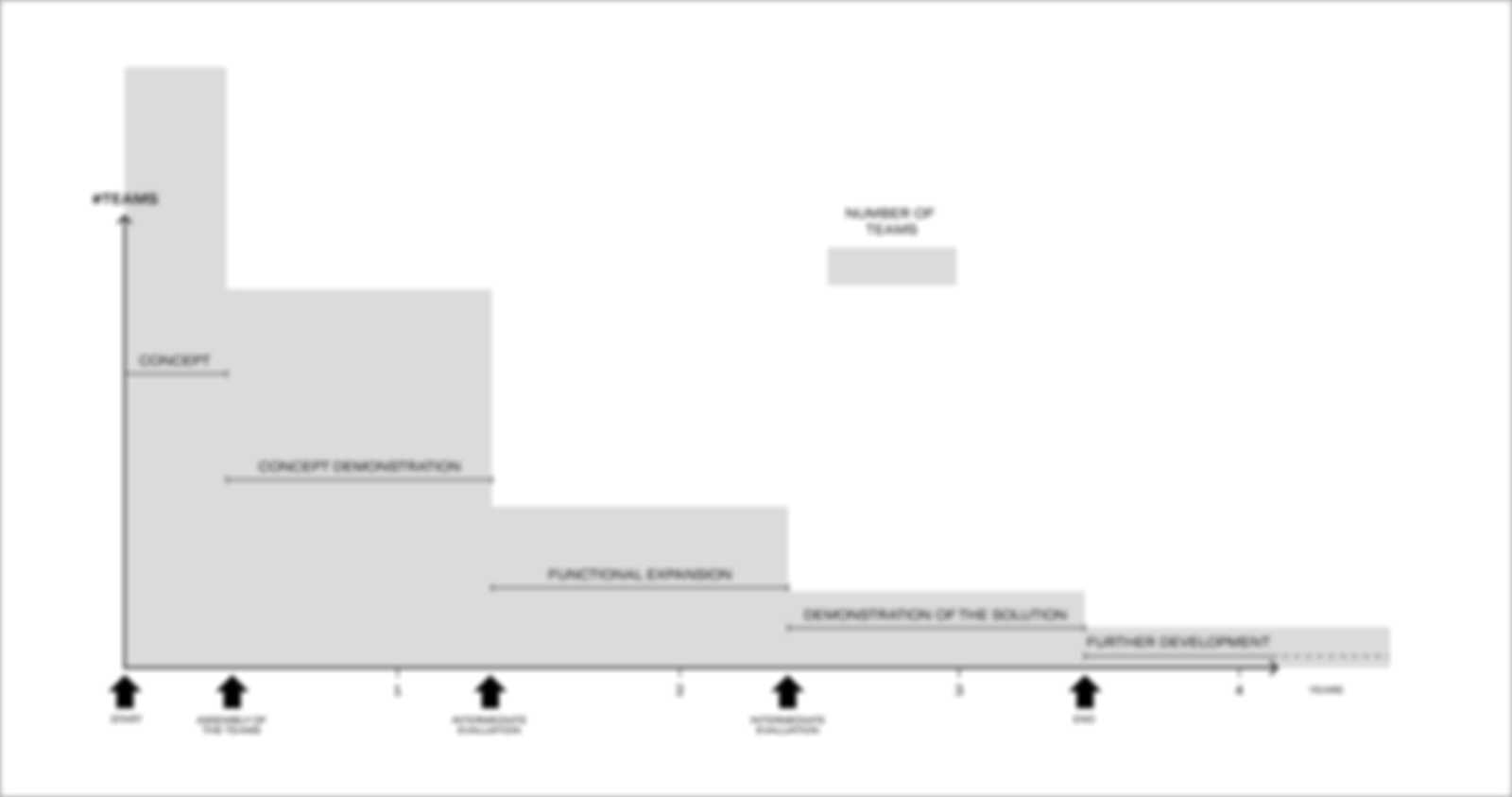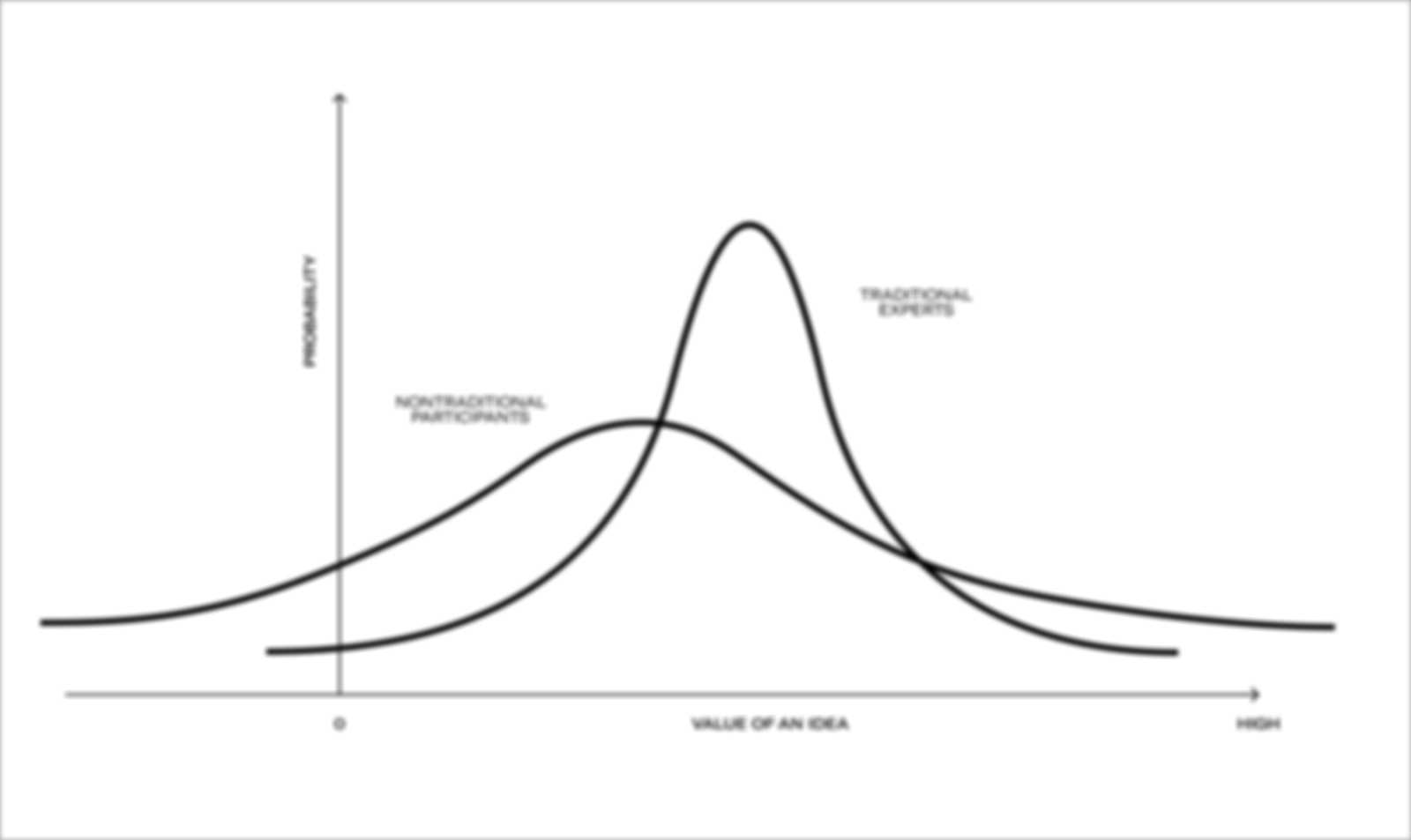SPRIND Challenges:
Innovation competitions solving society’s most pressing issues
Public and private organizations worldwide use innovation competitions—so-called Challenges—to generate breakthrough ideas and develop solutions to seemingly unsolvable problems. SPRIND has introduced and adapted this model in Germany. Our Challenges bring together visionary teams working on radically new solutions. The goal: to foster competition in finding the most effective approaches to solving the grand challenges of our time.
Each SPRIND Challenge is designed around a clearly defined objective that can be approached in multiple ways. This diversity of solutions increases the likelihood of achieving the Challenge’s goal and driving meaningful change. However, tackling the world’s most complex challenges requires more than just technical breakthroughs—innovations must be transformed into market-ready products, services, or business models. That’s why SPRIND Challenges give the brightest minds the freedom to develop their ideas without bureaucratic hurdles, often within newly founded, pioneering companies.
SPRIND Challenges follow a staged process. After the application and selection phases, participating teams advance their innovations through multiple development stages. Each stage concludes with a selection round, progressively narrowing the field to ensure that only the most promising teams continue to receive SPRIND funding. This approach allows bold, unconventional ideas to take shape while undergoing continuous evaluation.
– Call for applications published – Application period: approx. 8 weeks – Selection phase: Completed within 2-3 weeks; final decision directly after the jury pitch – Funding contracts: Issued immediately after selection – Financing: Provided within days – Challenge duration: Typically 2–3 Stages, spanning several years – Funding amounts: Successful teams receive several million euros
Many projects with disruptive innovation potential carry high risks, making them unattractive for private or traditional public funding. SPRIND bridges this gap in Germany and Europe by financing the work of the these teams, ensuring that groundbreaking ideas receive the support they need. Our Challenges attract and unite innovators from diverse backgrounds—universities, research institutions, startups, and established companies. To enable fast and flexible funding, SPRIND uses a pre-commercial procurement model that minimizes administrative burdens. This allows teams to receive funding within days of jury selection, so they can focus entirely on innovation rather than bureaucracy.
Innovation is not only about funding—it’s also about overcoming obstacles. Disruptive breakthroughs often face resistance from existing markets and industry structures, and they tend to emerge at the intersection of different disciplines. SPRIND helps teams navigate these challenges by organizing regular coaching with world-class external experts and providing hands-on support, ensuring they have the guidance needed to turn their ideas into reality.
Not all teams will meet the ambitious goals set by SPRIND Challenges. That’s an essential part of the process. Regular testing and evaluation ensure that only the most promising concepts receive continued support. Our multi-stage selection process emphasizes rapid learning, helping both SPRIND and the teams refine their approaches and maximize the chances of success.
Even teams that do not progress in the Challenge do not leave empty handed. SPRIND helps participants build strong networks, connecting them with potential sponsors and partners. History has shown that even unsuccessful innovation attempts can lead to significant discoveries—Galileo Galilei, for example, did not solve the challenge of determining longitude at sea, but his work led to the best method for calculating longitude on land.
Innovation competitions have consistently proven to be catalysts for transformative change. They encourage bold ideas beyond traditional expert circles, and provide a structured way to test and validate these innovations. Throughout history, when conventional approaches have failed, unconventional thinkers have often delivered the breakthroughs.
Further questions?
Please write to us at challenge@sprind.org



